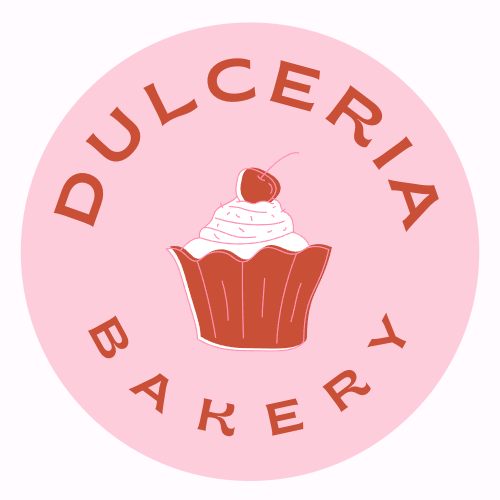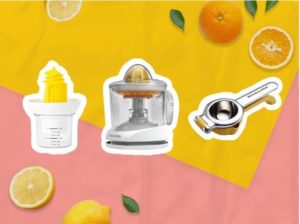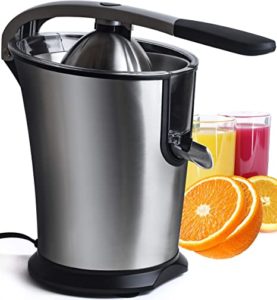What Juicer Should I Invest in?
This is a great question that we receive frequently. Since the inception of Food Matters all those years ago, we’ve been inundated with inquiries about which juicer is the best and why. We knew that if these many people were reaching out, there were likely just as many (if not more) people sitting in their kitchens wondering the same thing. Thus, the Food Matters Juicer Buying Guide for 2022 was born.
In the 2022 Food Matters Juicer Buying Guide, you’ll learn the difference between cold press and centrifugal juicers, where to find the highest nutrient content, which machine is the easiest to clean, how loud or quiet they can be, and much more.
So, let’s get into it.
Why Drink Juice?
1. The 15-minute nutrient express to health is fresh juice.
Numerous individuals have impaired digestion, which reduces the body’s ability to absorb nutrients from vegetables. Fresh juices enter the bloodstream directly and are therefore regarded as a 15-minute nutrient express to health. Due to the pasteurization process, store-bought juices contain virtually no nutrients.
2. Juicing allows you to consume a wide variety of fruits and vegetables.
Many of us consume the same vegetables and fruits daily, or even worse, we do not consume any regularly! You can enjoy a wide variety of vegetables you do not enjoy eating whole by juicing them. Additionally, juicing is the ideal way to consume the recommended daily number of vegetables.
3. Fresh juice has tremendous health benefits.
Regular consumption of highly alkalizing freshly pressed vegetable juices will result in increased levels of energy, digestion, mental clarity, clearer skin, and a general sense of well-being.
Centrifugal Or Cold-Pressed?
Numerous varieties of juicers vary in price and quality. If other models are out of reach, a less expensive centrifugal juicer may be a good starting point for novices and is certainly preferable to not juicing at all.
However, a cold press juicer (also known as a masticating or slow juicer) will produce juice of superior quality and allow you to extract more juice from your fruits and vegetables, thereby saving you money in the long run.
Centrifugal Juicers
Centrifugal juicers are the most widely available and least expensive type to purchase. Initially, these machines extract juice by pulverizing fruit and vegetables against a round, fast-spinning cutting blade against a metal strainer. Juice and pulp are separated by the centrifugal force generated by the spinning motion of the cutting surface.
PROS
- Easy to use.
- Fast juicing time.
- Cheaper to purchase.
- Reduces food preparation time as many accept larger fruit and vegetable pieces.
CONS
- Higher juice separation and foaming.
- Yields less juice (produces a wet pulp).
- Noisy because of the grinding and cutting action.
- Not well-suited to juicing leafy greens, grasses, sprouts, and herbs.
- Reduced juice quality due to fast-spinning blades producing heat that destroy beneficial enzymes.
Cold Press Juicers
These machines use a masticating (chewing) or cold press method to extract juice, resulting in a higher quality product than that obtained using a centrifugal way. Cold press juicers operate at lower speeds and gently compress fruit and vegetables to squeeze out the juice, in contrast to the rough extraction and high speeds of centrifugal juicers. Extraction rates are slower and more thorough, but the resulting liquid is of higher quality, and there is more of it, so the cost is justified.
PROS
- Higher juice yield.
- Pressing action is quiet.
- Minimal juice separation and foaming.
- Well-suited to juicing leafy greens, grasses, sprouts, and herbs.
- Juice lasts longer with enzyme integrity keeping for up to 72 hours.
- Lower speeds mean less heat is generated, preserving more nutrients and enzymes.
- Some models offer other food processing functions, such as being able to make nut milk, nut butter, sorbet, pasta, and ice cream.
CONS
- Higher initial cost.
- Slightly higher pulp in the juice.
- Slightly longer food preparation, as smaller food pieces are required for their narrow chutes.
What Should I Look For?
When searching for the ideal juicer, we insist on the following features:
- Able to make nut milk.
- Simple to clean and quiet.
- Cold-pressed juice is superior in quality.
- Fruits, including soft varieties, juice well.
- Able to easily juice all greens, herbs, and grasses (with a high yield) (with a high result).
- Low speed (rpm) minimizes oxidation and produces a longer-lasting juice.
Cold-pressed masticating juicers are the best juicers available for purchase.
Which juicer offers the best value?
Here’s an instance: Suppose you spend $100 per week on fresh produce. A cold-pressed juicer can extract 35% more juice, resulting in a $35 savings over a centrifugal juicer. If you do this for an entire year, you will save $1820! With such protection, you could buy more than one cold-pressed juicer.
Cold press juicers produce drier pulp than centrifugal juicers, meaning that the maximum amount of nutrients are extracted, and less waste is produced.
What About Nutrient Value?
We believe this is the most crucial factor when purchasing a juicer. When you are concerned about your health, consuming nutrient-dense foods of the highest quality becomes your top priority. This is the one area where we never make concessions.
Cold-pressed juicers operate slower speeds (typically around 40RPM), minimizing heat production. This results in an improved-tasting juice with minimal separation and foam. In addition, all beneficial enzymes and nutrients are preserved. Here is where the magic occurs!
Compared to centrifugal juicers, cold press juicers extract up to 42% more vitamin C, and up to 60% more vitamin A, and produce between 35% and 50% more juice, according to nutritional tests*.
How Long Does Juice Keep?
Numerous variables besides the juicer will influence the shelf life. Consider the product type and storage method; there is no universal answer. We recommend always making your juice as fresh as possible for optimal flavor and nutritional value.
But never fear! Cold-pressed juices that have been freshly prepared are refrigerable. Fruit juices typically last 24-48 hours, and vegetable juices 12-24 hours.
What About Cleaning Time?
Most modern vertical cold press juicers are equipped with innovative self-cleaning mechanisms that clean the juicing screen and prevent pulp buildup during operation. Some even have brushes that clean the screen while you’re juicing, so the difficult part of cleaning is taken care of automatically.
Between juice extractions, you can rinse the juicer with water. We always rinse and clean our juicer immediately following use. When you develop a cleaning routine for your juicer, keeping it clean and ready for use becomes quite simple.
Related Posts
Best Citrus Juicer For Every Purpose
Disclaimer: There are affiliate links in this post. At no...
Read MoreBest Electric Citrus Juicer For Every Budget
Disclaimer: There are affiliate links in this post. At no...
Read MoreBest Commercial Citrus Juicer
Disclaimer: There are affiliate links in this post. At no...
Read MoreBest Manual Citrus Juicer For Homemade Squeezed Juice
Disclaimer: There are affiliate links in this post. At no...
Read MoreWhy Trust Us
You will find what you are looking for at dulceriabakery. From classic to luxury brands, you'll find both. We will help you to select appliances that fit your needs, budget and lifestyle. Whether you want to stop by to learn more — or plan to make a major purchase — we’ll treat you like family and assist you every step of the way. Shop with us today to receive friendly and experienced help along the way.




